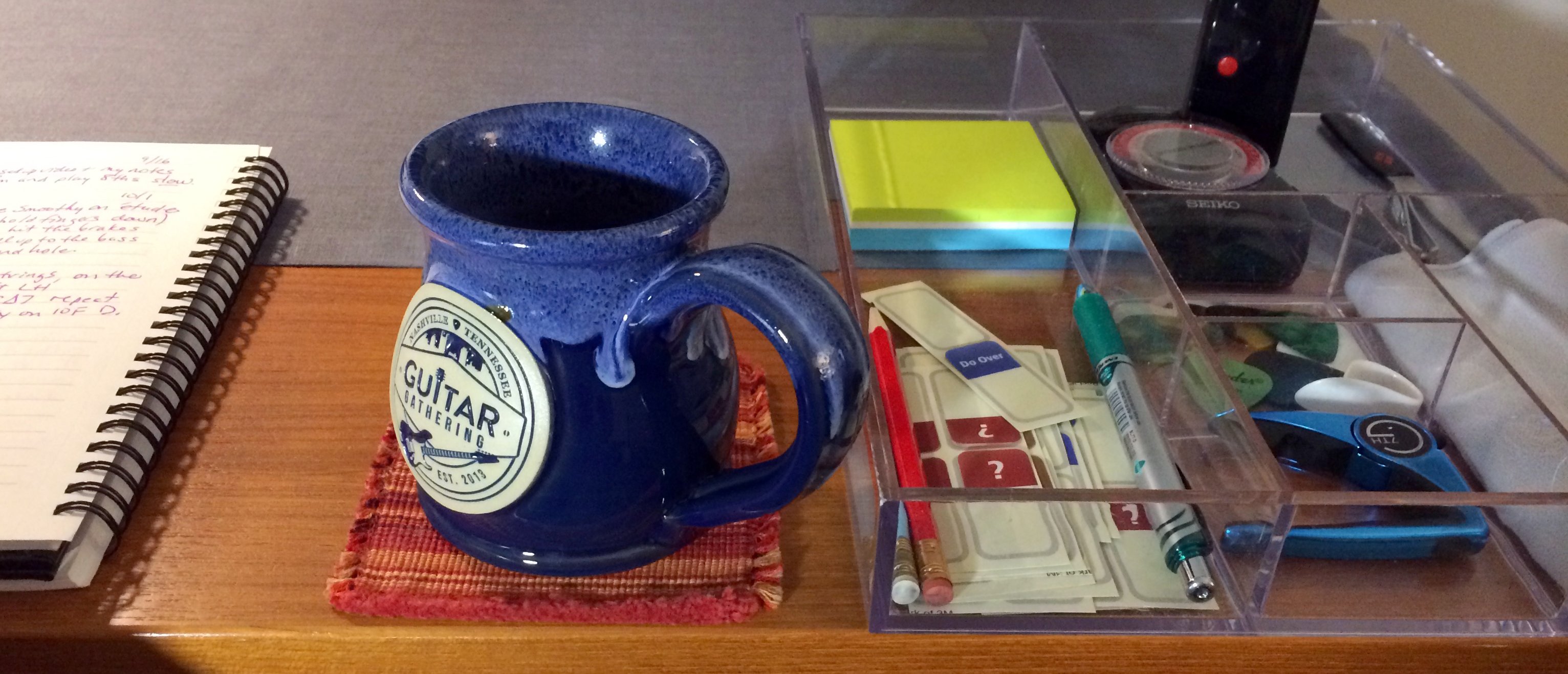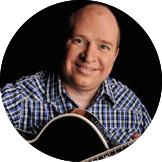
By now it's impossible to conceal that writing has been part of my life from my early years. My first grade teacher asked each of us to bring in something to read to the class. Something awakened in me. I pushed the stand bearing my sister's Royal typewriter to the end of the bed, hung my feet over the edge, and started tapping. I would not be caught dead reading from a comic book in front of my classmates, so I transcribed several panels from my copy of Walt Disney's "Man In Space". The comic was essentially the storyboards for the episode from the celebrated series on space exploration. I had not yet figured out the Shift key, and sis was out with her pals, but it would do. This is likely how a group of six year olds first learned, in all lower case, about isaac newton's laws of motion and space medicine. And how I quickly acquired a rap sheet at St. Andrew's Day School.
First teaching experience at age six, first test tubes at seven, first exposure to guitar — my classmate Leslie's — at nine, and at sixteen I was submitting my idea of fiction from the selfsame Royal to Seventeen, Scholastic, Redbook, and Ingenue (may the latter rest in peace). I still have the rejection slips. "Congratulations," my English teacher reassured me, "You've been rejected at the professional level. Just keep writing."
College life as a chemistry major left little time for extra humanities. But I shoehorned in a course on the short story. Here was an oasis from the endless stream of lab reports: Crane, Cather, Anderson, Steinbeck, Welty, O'Connor. It was John Updike who killed my fledgling side gig in fiction, specifically with "The Doctor's Wife," which he published when he was 29. I was 20. I recognized a bitter truth: I would never write a story like that.
In my disappointment, I did not notice what the endless stream of lab reports was doing for me. Soon I would write and publish my own research. It can be found around the world in the Journal of Organic Chemistry. No rejection slips this time. Over the years, other bylines would follow, because I just kept writing.
That is my thesis today. I will never write like John Updike or play guitar like Bonnie Raitt. Instead, I must stand in admiration. We understand how hazardous the word "never" can be, but it often simply represents reality. Take heart, brothers and sisters, reality is our ally. It points us toward our destinies. Magic awaits.
Herewith the cold, hard reality about writing — and guitar playing, if you transpose — from someone who knows.
What follows is everything I know about how to write good fiction.... I love this job. I want you to love it, too. But if you don't want to work your ass off, you have no business trying to write well — settle back into competency and be grateful that you have even that much to fall back on.
There is a muse, but he's not going to come fluttering down into your writing room and scatter creative fairy-dust all over your typewriter or computer station. He lives in the ground. He's a basement guy. You have to descend to his level, and once you get down there you have to furnish an apartment for him to live in. You have to do all of the grunt work, in other words, while the muse sits and smoke cigars and admires his bowling trophies and pretends to ignore you.
Do you think this is fair? I think it's fair. He may not be much to look at, that muse-guy, and he may not be much of a conversationalist (what I get out of mine is mostly surly grunts, unless he's on duty), but he's got the inspiration. It's right that you should do all the work and burn all the midnight oil, because the guy with the cigar and the little wings has got a bag of magic. There's stuff in there that can change your life.
Believe me, I know.
— Stephen King, On Writing (c) 2000
- Read more...
- 0 comments
- 154 views




